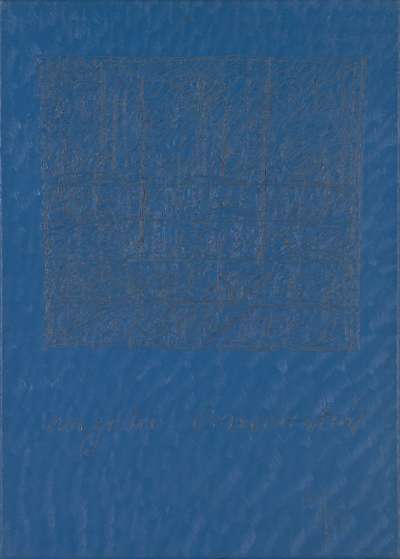(1942 - 1994)
Derek Jarman was born in Northwood, Middlesex. He received a BA from Kings College, London, before going on to the Slade School of FIne Art to study painting and stage design and graduating in 1967. Jarman worked in stage design before moving on to production design for film. While he is also known as a costume designer, painter, gardener, writer and a pioneer of the pop music video, he is most widely remembered as an avant garde filmmaker. He made experimental short films in the early 1970s, and his first arthouse feature film, Sebastiane released in 1976, was path-breaking in its depictions of homosexual desire. Jarman’s films were acclaimed for their challenging use of aesthetic forms, for their subversion of what was considered high art, and their use of images from popular culture. But they also engaged head on with social issues and, in particular, threw light onto many obscured queer narratives which included biopics on key figures from the Renaissance painter Carravagio to the twentieth century philosopher Wittgenstien. Outspoken about his own homosexuality, Jarman was a public activist for gay rights. He was diagnosed with AIDS in 1986 and while his earlier paintings often considered experiences associated with being in nature or landscape, many of his paintings of the 1980s are informed by his activism and his illness. A number of these feature the word ‘queer’ – which Manchester City Art Gallery used to title an exhibition of his work in 1993 – a word which, as the academic Robert Mills points out, he was instrumental in reclaiming for the queer community. An iconic filmmaker and artist, there have been numerous exhibitions of his work at major museums, biennials and galleries in the UK and overseas. His acclaimed film Blue, made while he was going blind due to AIDS-related complications, premiered at the Venice Biennale, in 1993, not long before he died.
